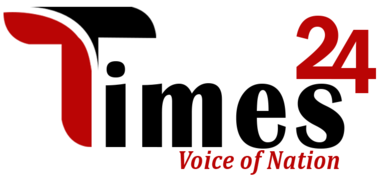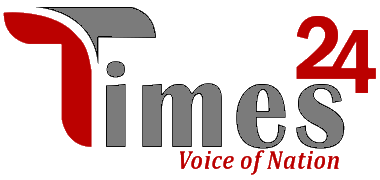The U.S. Food and Drug Administration laid out updated safety standards Tuesday for makers of COVID-19 vaccines after the White House blocked their formal release, the newest political tug-of-war between the Trump administration and therefore the government’s public health scientists.
In briefing documents posted on its website, the FDA said vaccine makers should follow trial participants for a minimum of two months to rule out questions of safety before seeking emergency approval. That requirement would almost certainly preclude the introduction of a vaccine before November 3.
President Donald Trump has repeatedly insisted a vaccine might be authorized before polling day, albeit top government scientists performing on the trouble On Monday Trump said vaccines are coming “momentarily,” during a video recorded after he returned to the White House.
Former FDA officials have warned that public perception that a vaccine was being rushed out for political reasons could derail efforts to vaccinate many Americans.
A senior administration official confirmed to the AP on Monday that the White House had blocked FDA’s plans to formally publish the security guidelines supported the 2-month data requirement, arguing there was “no clinical or medical reason” for it.
But the FDA tucked the knowledge into a memo posted before an October 22 meeting of its outside vaccine advisory panel.
The group of non-governmental experts is scheduled to debate general standards for coronavirus vaccines, a part of the FDA’s effort to publicize its process and rationale for vaccine reviews. While information prepared for such panels doesn’t carry the load of a proper FDA guidance document, the discharge of the knowledge makes clear the FDA plans to impose the security standards for any vaccine seeking an expedited path to plug.
To meet the FDA’s threshold, companies would wish to submit two months of follow-up from half their trial participants after they receive their last vaccine dose to point out there are not any major side effects or health problems. Because vaccines are normally given to otherwise healthy people the FDA requires strict evidence of their safety.
The requirements are aimed toward companies seeking rapid approval through the FDA’s emergency authorization pathway. That accelerated process, reserved for health emergencies, allows medical products onto the market to support a lower bar than traditional FDA approval.
Initial doses of vaccines for emergency use would likely be reserved for medical workers and other people with health conditions that make them particularly susceptible to coronavirus. Full FDA approval for the overall population would require significantly more data and isn’t expected until mid-2021.
It has said that the timeline is extremely unlikely.
An FDA spokeswoman said Tuesday the vaccine guidelines are still “under review” but added that “the FDA has already communicated with individual manufacturers about its expectations.”
The White House’s plan to block the information’s release follows a string of instances during which the Trump administration has undercut its own doctors working to combat the pandemic. FDA Commissioner Stephen Hahn has been attempting to prop up public confidence within the vaccine review process for weeks, vowing that career scientists, not politicians, will decide if the shots are safe and effective.
Pfizer CEO Albert Bourla has stoked excitement by saying that he expects data on whether the company’s candidate works to be ready in late October. But variety of variables would still need to align for the corporate to submit, and therefore the FDA to review and greenlight, a vaccine application before November 3. Pfizer’s competitors Moderna, AstraZeneca and Johnson & Johnson are performing on longer research timelines.
Vaccine development typically takes years, but the U.S. government has invested billions in efforts to accelerate the method and help multiple drugmakers prepare multiple candidates. All the doses are going to be purchased by the federal to be used vaccinating the U.S. population.
Beyond exposing the rift between the White House and FDA, the discharge of the knowledge may have limited practical effect.
FDA scientists are discussing the rules publicly for weeks and have made clear that the recommendations have already been shared with each of the vaccine developers.
“The companies know what we’re expecting,” said Dr. Peter Marks, the top of FDA’s vaccine division, in a web interview last week with the nonprofit Friends of Cancer Research.
Instead, Marks said, releasing the rules was “a plan to help the general public see what we’re requiring of COVID-19 vaccines.” He added that the rules would explain that each one upcoming vaccine would be reviewed by the FDA’s independent panel of out of doors vaccine advisers before the agency makes its own final judgment .
Latest News and updates, Follow and connect with us on Facebook, Twitter, and Linkedin
Get the latest updates directly on your mobile, save and send a message at +91-9899909957 on Whatsapp to start





